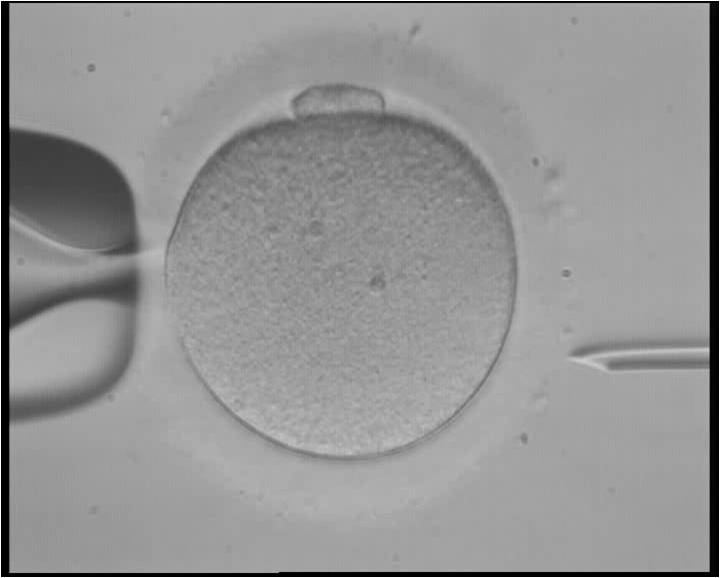Query the merits of embryo editing for reproductive research now
By Insoo Hyun & Catherine Osborn,
Nature Biotechnology
| 11. 09. 2017
To the Editor:
Recently, a team from the United States used CRISPR–Cas9 on viable human embryos to correct a gene mutation that causes hypertrophic cardiomyopathy, a heritable heart condition in which the ventricle walls thicken to hinder proper blood flow1. For many, this announcement brings closer to reality the prospect of editing disease-associated mutations in fertility clinic embryos intended for reproductive use. The study certainly raises many scientific uncertainties and questions. But we contend that it also brings to light some questionable value assumptions that have largely flown under the radar in the social discourse around embryo editing. Here, we call attention to some of these assumptions and suggest that additional human embryo editing research may not be adequately justified until these issues have at least been openly acknowledged and debated. To be clear, our discussion is meant to apply only to 'preclinical' embryo editing research: that is, to corrective nuclear genome editing research performed in vitro with an eye toward eventual reproductive use under favorable regulatory circumstances. Our points do not necessarily apply to human embryonic genome...
Related Articles
By Kiana Jackson and Shannon Stubblefield, New Disabled South | 02.09.2026
"MC0_8230" via Wikimedia Commons licensed under CC by 2.0
This report documents a deliberate assault on disabled people in the United States. Not an accident. Not a series of bureaucratic missteps. An assault that has been coordinated across agencies...
By Scott Solomon, The MIT Press Reader | 02.12.2026
Chris Mason is a man in a hurry.
“Sometimes walking from the subway to the lab takes too long, so I’ll start running,” he told me over breakfast at a bistro near his home in Brooklyn on a crisp...
By Jonathan D. Moreno, Hastings Center Bioethics Forum | 02.09.2026
When I began to write a book about bioethics and the rules-based international order, the idea that the world was facing the greatest geopolitical change since World War II was uncontroversial for those who were paying attention to such esoterica...
By Amy Feldman, Forbes | 02.17.2026
"Jennifer Doudna" by Duncan Hull for the Royal Society via Wikimedia Commons licensed under CC by SA 3.0
Soon after KJ Muldoon was born in August 2024, he was lethargic and wouldn’t eat. His worried doctors realized his ammonia...




